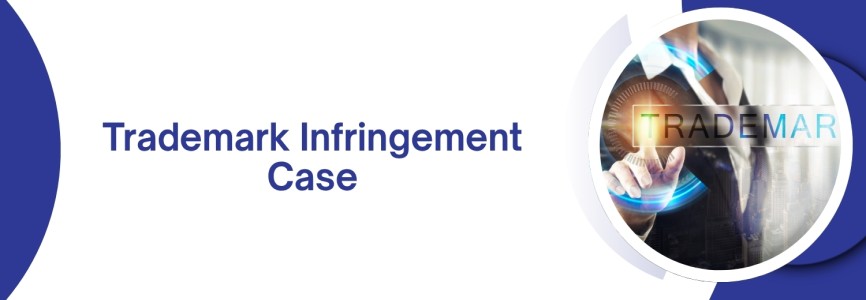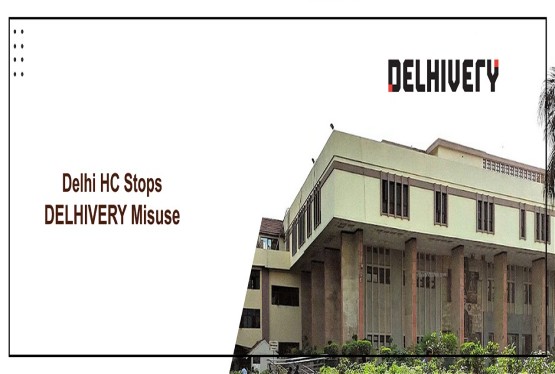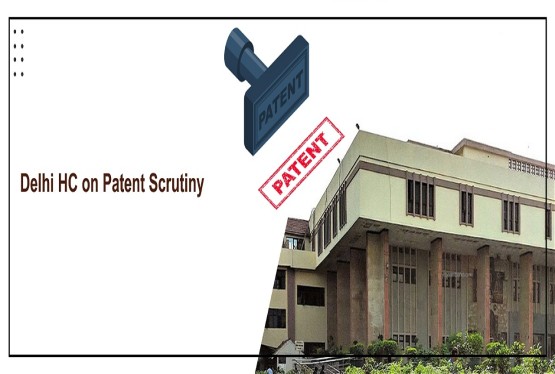The Delhi High Court, on 30th May 2025, in the Mokobara Lifestyle Pvt. Ltd. vs Mr. Fazal Mohamed Yakub Patka & Ors. Case, granted interim relief to Mokobara Lifestyle Pvt Ltd., restraining the Defendants from using confusingly similar trade marks and virtually identical trade dress for identical product i.e., suitcases.
In a significant development for brand protection and intellectual property enforcement in India, the Delhi High Court recently granted interim relief to premium luggage brand Mokobara in a trademark infringement case. The Court's order highlights the judiciary’s proactiveness in safeguarding brand identity and preventing consumer confusion in the market.
Background of the Dispute
Mokobara, a well-known D2C luggage and travel accessories brand, alleged trademark infringement by a competing entity that adopted a deceptively similar mark. The infringing mark, closely resembling Mokobara, was allegedly being used in a manner that could mislead customers and dilute the brand's goodwill.
The plaintiff argued that its brand name is distinctive, having acquired reputation and recognition in the Indian market through widespread use, promotional activities, and customer base.
Court's Interim Relief
The Delhi High Court, after examining the prima facie evidence presented, granted interim relief in favor of Mokobara, restraining the defendants from using the impugned mark till the final adjudication of the case. The Court observed that:
-
There existed prima facie similarity between the two marks;
-
The balance of convenience favored the plaintiff; and
-
Irreparable harm would be caused to Mokobara if the defendant’s usage continued.
Legal Basis: Relevant Sections Under the Trade Marks Act, 1999
Section 29(1) & 29(2) – Infringement of Registered Trademark
The plaintiff’s mark being registered enjoys statutory protection. Under these sections, unauthorized use of an identical or deceptively similar mark in the course of trade constitutes infringement if it leads to confusion or association.
Section 29(4) – Dilution of Trademark
The Court also considered the dilution principle, noting that even if goods or services are not identical, use of a similar mark may damage the reputation of a well-known trademark.
Section 11(6) to 11(9) – Well-Known Trademarks
Although Mokobara has not yet been declared a well-known mark officially, the Court considered the factors for determining the reputation of the mark under these sub-sections, which relate to duration, extent, and geographical use.
Key Observations by the Court
The bench emphasized that trademarks serve not only as a badge of origin but also as a consumer protection tool. It stated that Mokobara had established goodwill through consistent brand-building, and allowing the infringing party to continue using a similar mark would amount to unfair competition.
The Court also clarified that interim injunctions are granted based on three cardinal principles:
-
Prima facie case
-
Balance of convenience
-
Likelihood of irreparable harm
All three were satisfied in this instance.
Supporting Case Laws
-
Cadila Health Care Ltd. v. Cadila Pharmaceuticals Ltd. (2001) 5 SCC 73: The Supreme Court emphasized the test of deceptive similarity and the need for higher scrutiny in the pharmaceutical sector. The Delhi HC applied the same test to the consumer product space here.
-
Hindustan Pencils Pvt. Ltd. v. India Stationery Products Co. [AIR 1990 Delhi 19]: This case reinforced the right of a registered proprietor to protect their brand even if the infringing party claims honest concurrent use.
-
Bajaj Electricals Ltd. v. Metals & Allied Products (1988) PTC 91: It held that interim injunctions are warranted if the infringing use could damage the goodwill and lead to consumer confusion.
Implications for the Market
This decision reinforces the seriousness with which courts are now treating trademark infringement matters in the digital-first economy. For startups and D2C brands investing heavily in branding and IP, it acts as reassurance that their identity is protected under Indian trademark law.
It also sends a clear message to infringing entities that the courts are prepared to step in swiftly to prevent dilution and misuse of established brands, even at the interim stage.
Conclusion
The Delhi High Court's interim relief in favor of Mokobara exemplifies judicial commitment to trademark enforcement in India. The ruling strengthens the position of original brand owners against infringers and highlights the importance of proactive legal strategies for brand protection.
For businesses, this underscores the importance of securing trademark registration early, consistently using the brand in commerce, and vigilantly monitoring for potential infringements.






























_(b)_of_the_Trademark_Act,_1999_(1)_crop10_thumb.jpg)



_crop10_thumb.jpg)




























_crop10_thumb.jpg)
_crop10_thumb.jpg)






_crop10_thumb.jpg)








_crop10_thumb.jpg)



_crop10_thumb.jpg)





























_crop10_thumb.jpg)

















_crop10_thumb.jpg)






_crop10_thumb.jpg)












































































































































_crop10_thumb.jpg)




































_crop10_thumb.jpg)












_crop10_thumb.jpg)















































_crop10_thumb.jpg)



































































































